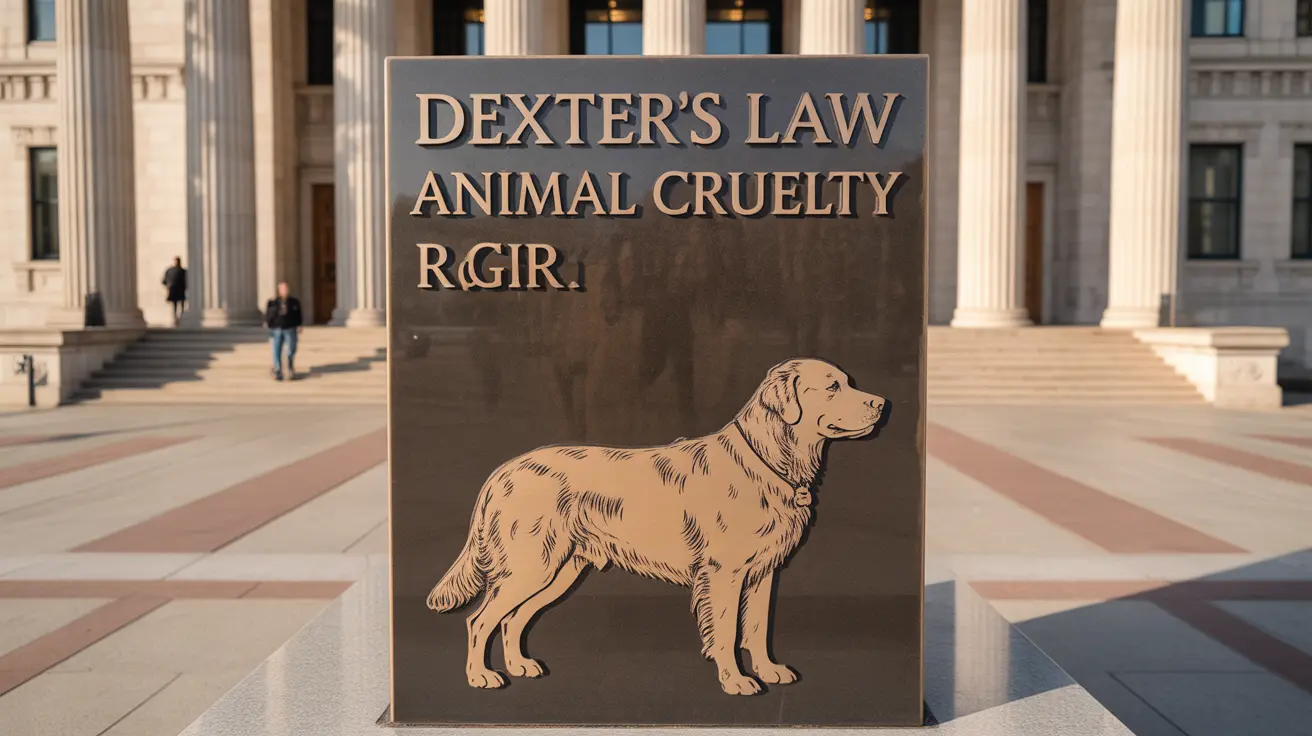The Genetic Reality: Why Dogs Can't Have Down Syndrome
The simple truth is that dogs cannot have Down syndrome. This is because of fundamental genetic differences between humans and dogs. While humans have 23 pairs of chromosomes, dogs have 39 pairs. The extra copy of chromosome 21 that causes Down syndrome in humans has no direct equivalent in dogs.
Despite sharing approximately 85% of their DNA with humans, dogs' unique genetic makeup means they experience different types of chromosomal and developmental conditions.
Common Conditions That Mimic Down Syndrome Symptoms
Congenital Hypothyroidism
This condition can cause symptoms that might be mistaken for Down syndrome, including:
- Delayed growth
- Poor muscle tone
- Protruding tongue
- Cognitive delays
- Unusual facial features
Pituitary Dwarfism
This hormonal condition affects growth and development, leading to:
- Significantly smaller size
- Delayed physical development
- Potential cognitive issues
- Shortened life expectancy
Specific Health Concerns in Dachshunds
While dachshunds cannot have Down syndrome, they are prone to several genetic and developmental conditions that require attention:
Intervertebral Disc Disease (IVDD)
This condition affects up to 25% of dachshunds and can cause:
- Mobility issues
- Neurological problems
- Pain and discomfort
- Potential paralysis if left untreated
Other Common Dachshund Conditions
Dachshunds may experience:
- Myasthenia Gravis (muscle weakness)
- Narcolepsy
- Various neurological disorders
- Congenital heart defects
Caring for a Dachshund with Special Needs
If your dachshund shows signs of developmental or genetic conditions, consider these essential care tips:
- Regular veterinary check-ups
- Appropriate diet and nutrition
- Physical therapy when needed
- Modified exercise routines
- Environmental accommodations
Early Detection and Management
Watch for these warning signs that might indicate a genetic or developmental condition:
- Unusual facial features
- Delayed physical development
- Poor coordination
- Cognitive delays
- Persistent health issues
Frequently Asked Questions
Can a dachshund really have Down syndrome like humans do?
No, dachshunds cannot have Down syndrome. The condition is specific to humans due to our unique chromosome structure, which differs from dogs' genetic makeup.
What congenital conditions in dachshunds cause symptoms similar to Down syndrome?
Dachshunds can experience conditions like congenital hypothyroidism, pituitary dwarfism, and hydrocephalus, which may present symptoms that appear similar to Down syndrome.
How can I recognize if my dachshund has a developmental or genetic disorder?
Look for signs such as delayed growth, unusual facial features, poor muscle tone, cognitive delays, and difficulty with coordination. Always consult a veterinarian if you notice these symptoms.
What are the common neurological and congenital health issues affecting dachshunds?
Common issues include IVDD, myasthenia gravis, narcolepsy, and various congenital heart defects. These conditions require specific medical attention and management strategies.
How should I care for a dachshund with special needs due to congenital disorders?
Provide regular veterinary care, appropriate medication if prescribed, modified exercise routines, and environmental accommodations. Work closely with your vet to develop a comprehensive care plan.
Understanding your dachshund's health needs and genetic predispositions is crucial for providing the best possible care. While they cannot have Down syndrome, being aware of potential genetic and developmental conditions helps ensure early intervention and appropriate management for a happy, healthy life.






